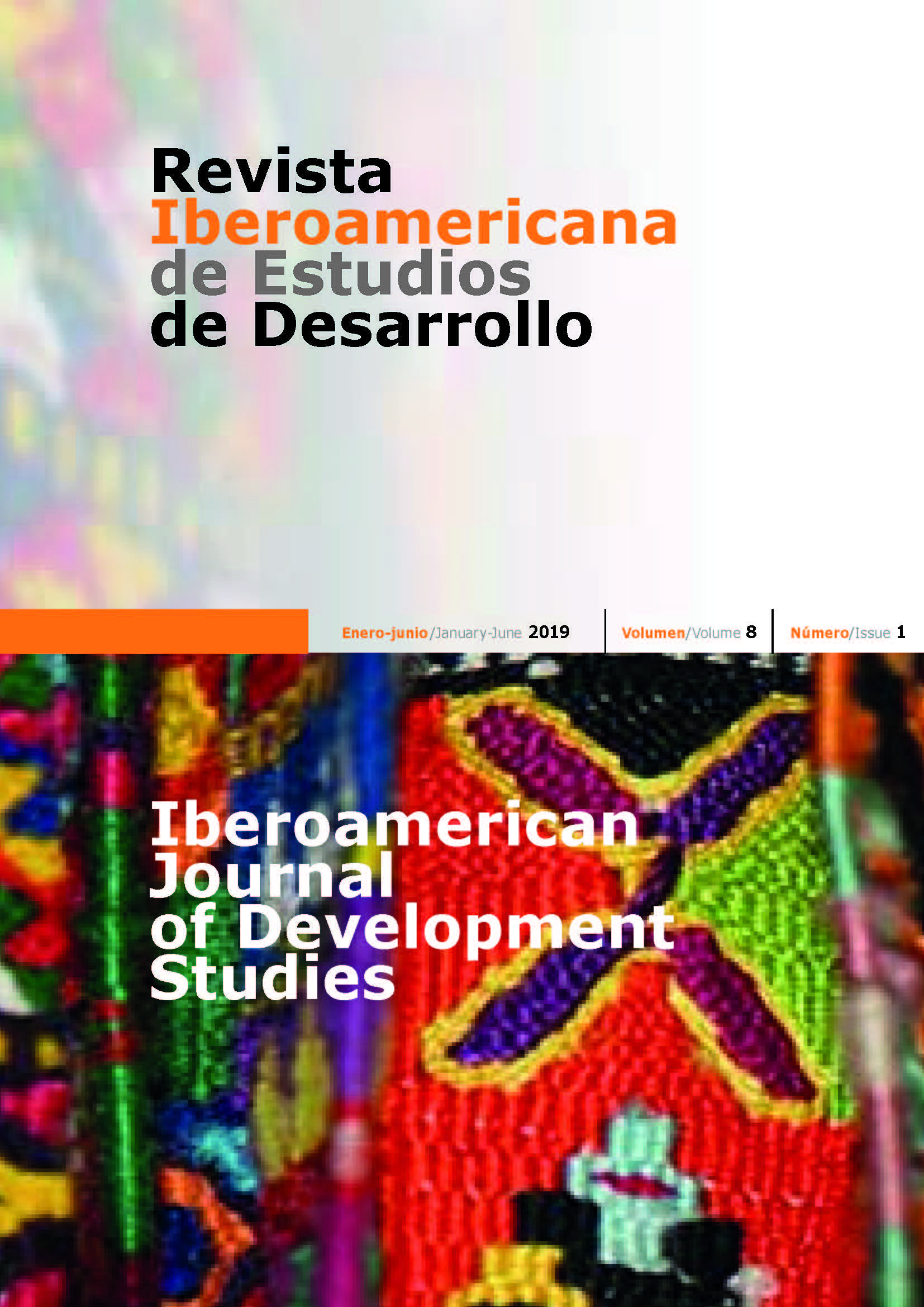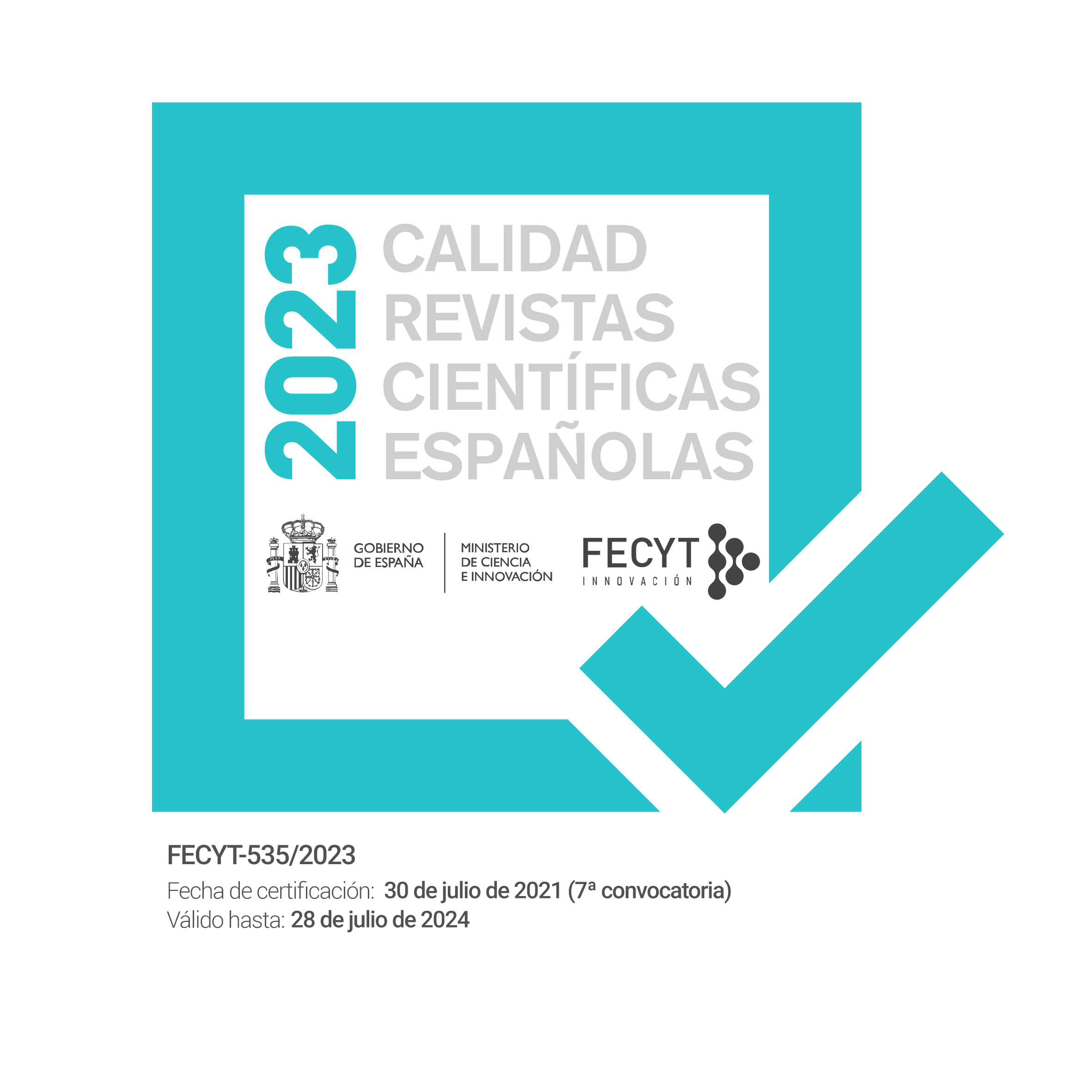Good living within social and ecological limits: having too much and damaging nature too much are not separate issues
DOI:
https://doi.org/10.26754/ojs_ried/ijds.346Keywords:
limitarianism, harmony, sufficiency, community, equality, richesAbstract
The objective is to delineate the arguments of a Good Living Limitarianism through the analysis and critique of the doctrine of financial limitarianism —it is not morally permissible to be rich, that is, to have more financial resources than those necessary for a fully flourishing life—. The financial limitarianism’s political equality argument is extended to include the rights of ethnic minorities, and the argument of the social justice is extended to include the reduction of social inequality and the Good Living’s community principle. The argument of ecological sustainability is added based on the Good Living’s principle of sufficiency. It is concluded that a Good Living Limitarianism must simultaneously consider the social limits to wealth formulated by limitarianism and the ecological limits imposed by a full and harmonious life with nature: having or not having too much and damaging or not damaging ecosystems too much are not separate issues.
Downloads
References
BELOTTI F (2014). Entre bien común y buen vivir. Afinidades a distancia. Íconos Revista de Ciencias Sociales 48:41-54.
CHANCOSA B ([2010] 2014). El Sumak Kawsay desde la visión de mujer. En: Hidalgo-Capitán AL, Guillén A, Deleg, N (eds.). Sumak Kawsay Yuyay: Antología del pensamiento indigenista ecuatoriano sobre el Sumak Kawsay. CIM-Fiucuhu-Pydlos, Huelva-Cuenca, pp. 223-227.
CHERTOW M (2010). The IPAT Equation and Its Variants. Journal of Industrial Ecology 4(4):13-29.
COHEN GA (2014). ¿Por qué no el socialismo? En: Cohen GA. Por una vuelta al socialismo o cómo el capitalismo nos hace menos libres. Siglo Vientiuno Editores Argentina S. A., Buenos Aires (Argentina), pp. 179-207.
COMMONER B, CORR M, STAMLER P (1971). The Causes of Poluttion. Environment: Science and Policy for Sustainable Development 13(3):2-19.
CORAGGIO JL (2011). Economía social y solidaria: el trabajo antes que el capital. Abya Yala, Quito.
CORAGGIO JL (2014). Polanyi y la economía social y solidaria en América Latina. En: Coraggio JL, Caillé A, Laville JL, Ferraton C. ¿Qué es lo económico? Abya Yala, Quito, pp. 95-140.
EHRLICH P, HOLDREN J (1971). Impact of Population Growth. Science 171(3977):1212-1217.
ESTERMANN J (1998). Filosofía andina. Estudio intercultural de la sabiduría autóctona andina. Abya Yala, Quito.
FIGUEROA A (2010). ¿Mejora la distribución del ingreso con la educación? El caso del Perú. Revista de la Cepal 102:115-136.
FIGUEROA A (2012). A Unified Theory of Capitalist Development: Growth, Inequality, and the Environment, Centrum Business School. Catholic University of Peru, Lima.
HIDALGO AL, ARIAS A, ÁVILA J (2014). El pensamiento indigenista ecuatoriano sobre el Sumak Kawsay. En: Hidalgo AL, Guillén A, Deleg N (eds.). Sumak Kawsay Yuyay: Antología del Pensamiento Indigenista Ecuatoriano sobre Sumak Kawsay. CIM-Pydlos-Fiucuhu, Huelva-Quito.
HIDALGO-CAPITÁN L, CUBILLO-GUEVARA AP (2014). Seis debates abiertos sobre el sumak kawsay. Íconos Revista de Ciencias Sociales 48:25-40.
KALECKI M (1943). Political Aspects of Full Employment. Political Quaterly 14:347-356.
KALLIS G (2017). In defense of degrowth. Opinions and Minifiestos.
KOWII A ([2009] 2010). El Sumak Kawsay. En: Hidalgo-Capitán AL, Guillén A, Deleg N (eds.). Sumak Kawsay Yuyay: antología del pensamiento indigenista ecuatoriano sobre el Sumak Kawsay. CIM-Fiucuhu-Pydlos, Huelva-Cuenca, pp. 161-168.
LE QUANG M, VERCOUTÉRE T. (2013). Ecosocialismo y Buen Vivir: Diálogo entre dos alternativas al capitalismo (vol. Cuadernos Subversivos). IAEN, Quito (Ecuador).
LEÓN M (2015). Buen Vivir en el Ecuador: del concepto a la medición. INEC, Quito.
LEÓN M (2016). Economía del Buen Vivir y cambio de la matriz económica. En: Braña F, Domínguez R, León M (eds.). Buen Vivir y Cambio de la Matriz Productiva. Reflexiones desde el Ecuador. FES-Ildis-Editorial de la Universidad de Cantabria, Quito (Ecuador).
MARTÍNEZ ALIER J, ROCA JUSMET J (2016). Economía ecológica y política ambiental. Fondo de Cultura Económica, México.
NUSSBAUM M (2012). Crear capacidades. Paidós, Barcelona.
PAPA FRANCISCO (2015). Carta Encíclica Laudato Si’. L. E. Vaticana, Ed. http://w2.vatican.va/content/francesco/es/encyclicals/documents/papa-francesco_20150524_enciclica-laudato-si.html, acceso 31 de julio de 2015.
RAMÍREZ R (2012). La vida (buena) como riqueza de los pueblos. Hacia una socioecología de los pueblos. IAEN-INEC, Quito.
ROBEYNS I (2017). Having Too Much. En: Knight J, Schwartzberg M (eds.). NOMOS LVIII: Wealth. Yearbook of the American Society for Political and Legal Philosophy. New York University Press, Nueva York.
SCHANDL H, WEST J (2010). Resource use and resource efficiency in the Asia-Pacific region. Global Environment Change 20(2010):636-647.
SEN A (2009). The Idea of Justice. The Belknap Press of Harvard University Press, Cambridge (Massachusetts).
SKIDELSKY R, SKIDELSKY E (2012). ¿Cuánto es suficiente? Qué se necesita para una «buena vida». Crítica, Barcelona.
STEFFEN W, RICHARDSON K, ROCKSTRÖM J, CORNELL S, FETZER I, BENNETT E, BIGGS R, CARPENTER S, DE VRIES W, DE WIT C, FOLKE C, GERTER D, HEINKE J, MACE G, PERSSON L, RAMANATHAN V, REYES B, SÖRLIN S (2015). Planetary boundaries: Guiding human development on a changing planet. Science 347(6223).
VITERI C (1993). Mundos míticos. En: Paymal N, Sosa C (eds.). Mundos amazónicos. Pueblos y culturas de la Amazonia Ecuatoriana. Ediciones Sinchi Sacha, Quito (Ecuador), pp. 148-150.
VITERI C (2003). Sumak Kausai. Una respuesta viable al desarrollo. Tesis de licenciatura en Antropología Aplicada. Universidad Politécnica Salesiana del Ecuador, Mimeo, Quito.
Downloads
Published
How to Cite
Issue
Section
License
Copyright (c) 2019 Mauricio León

This work is licensed under a Creative Commons Attribution-NonCommercial-NoDerivatives 4.0 International License.








